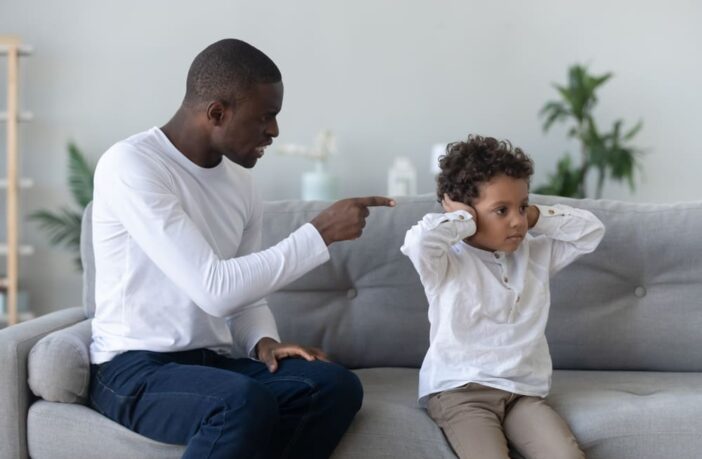A recent incident at Walmart has ignited intense discussions about parenting, discipline and collective responsibility in our communities. The viral video showing a young Black-appearing girl’s destructive behavior in the store’s grocery section has become a flashpoint for examining how we’ve evolved — or perhaps devolved — in handling public disruptions.
The uncomfortable truth about modern discipline
The scene that unfolded in the store’s aisles painted a troubling picture of contemporary society. A child, dressed in pink, systematically destroyed merchandise while onlookers stood frozen in place. Glass bottles shattered against tile floors. Deli items scattered across aisles. The destruction continued unchecked, highlighting a paralyzing fear that has taken root in our communities.
Remember when an elder could correct any child in the neighborhood without fear of backlash? Those days seem increasingly distant. Today’s reality involves bystanders recording incidents rather than intervening, their phones raised high while merchandise crashes to the floor.
The price of passive observation
The response — or lack thereof — from both employees and customers reflects a broader societal shift. Store workers, bound by corporate policies and fear of legal repercussions, watched helplessly. Customers, many likely reflecting on their own upbringing, stood paralyzed by the modern complexities of public intervention.
A few brave souls attempted to step in, only to face immediate pushback from others in the crowd. Their efforts to restore order were met with warnings about legal consequences and accusations of overstepping. This hesitation to act represents a stark departure from times when communities collectively maintained social order.
A generational perspective on accountability
For those who grew up in households where discipline was nonnegotiable and respect was paramount, the video strikes a particularly discordant note. The absence of immediate consequences for such behavior would have been unthinkable in previous decades. Many of us can recall how a single look from a parent or respected elder was enough to halt any misbehavior in its tracks.
The incident raises questions about the evolution of parenting and community involvement. When did we transition from “it takes a village” to “mind your own business”? The shift has left a void in community-based child-rearing, where neighbors, teachers and even strangers once played a role in guiding young people toward proper behavior.
Moving forward: Balancing protection with accountability
The solution isn’t simply yearning for the past but finding new ways to maintain order while acknowledging current realities. Communities must strike a balance between protecting children and ensuring they understand the consequences of their actions.
This incident catalyzes crucial conversations about reinstating community standards without compromising modern protections for young people. It’s about finding ways to preserve the valuable aspects of traditional child-rearing while adapting to contemporary social dynamics.
Reclaiming our collective responsibility
The path forward requires careful navigation. While we can’t return to the exact methods of previous generations, we can’t continue with the current hands-off approach that leaves children without proper guidance and boundaries.
The Walmart incident isn’t just about a child’s misbehavior: it’s a mirror reflecting our society’s reluctance to uphold communal standards, opines The Atlanta Black Star. As we process this event, the key question becomes: How do we rebuild a sense of collective responsibility while respecting modern boundaries?
The answer may lie in creating new frameworks for community involvement, where intervention doesn’t mean overstepping but rather supporting positive behavior through collective action. This might include enhanced community programs, mentorship opportunities and open dialogues about expectations and consequences.
The goal isn’t to shame or criticize but to recognize that our current approach isn’t serving anyone — not the children, not the community and certainly not our future. It’s time to have honest conversations about restoring balance between individual rights and community responsibilities.
As we move forward, let’s remember that strong communities are built on shared values and mutual respect. The solution isn’t in silent observation or passive recording but in actively working together to create environments where children can thrive within appropriate boundaries.



